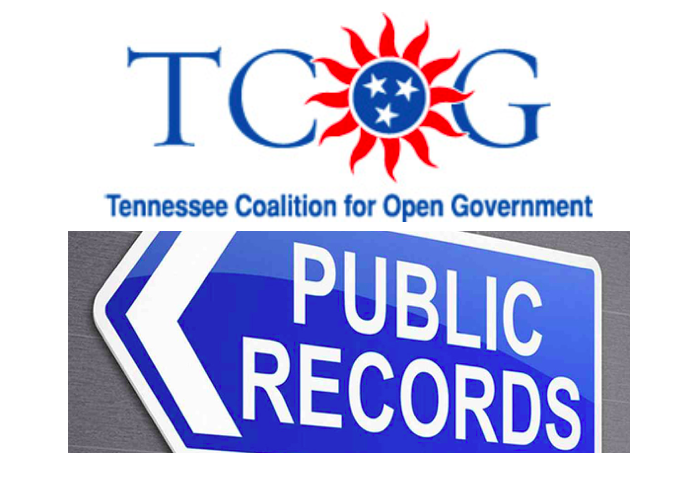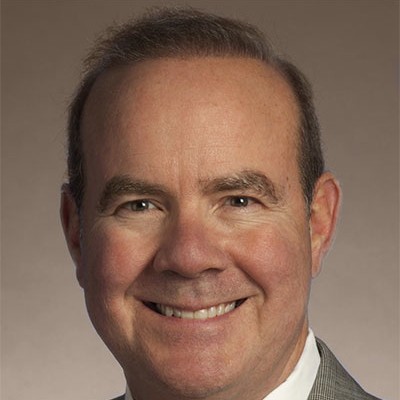
A state lawmaker wanted to find out what the state paid for services to some insurance companies, but those companies filed lawsuits Friday to stop him, according to the Tennessee Coalition for Open Government (TCOG).
Rep. Martin Daniel (R-Knoxville) requested the information to better understand pricing of the state’s health-care plan for its employees. State officials were preparing to release the records after implementing exceptions to the Tennessee Public Records Act. The information would have been stripped of all patient identification information.

However, insurers BlueCross BlueShield of Tennessee and Cigna filed suit against the move in federal court Friday saying it would violate federal antitrust laws. Optum, an employee assistance program, filed suit in a state court claiming a violation of the state trade secret laws.
“The suits are known in public records circles as ‘reverse public records’ lawsuits because they are suits by third parties against a governmental entity to preemptively prevent the release of government information to public records requesters,” wrote TCOG director Deborah Fisher in a blog post Monday. “In some cases, the third party also files suit against the requester. [Optum did sue Daniel in its suit.] They can be particularly pernicious because oftentimes there is no one representing the public’s interest in protecting access to public records and open government in these actions.”
[pullquote-1]
The companies were given temporary restraining orders by judges on the same day the suits were filed. Officials with the state Attorney General’s office did not oppose the requests, according to TCOG.
Daniel, a member of the House Joint Fiscal Review Committee, requested the information after the state finance department sought to extend BlueCross and Cigna contracts for another year without going through a bidding process, according to a story in the Nashville Post.
 State of Tennessee
State of Tennessee
Rep. Martin Daniel
The information Daniel sought would show the negotiated prices BlueCross, Cigna, and Optum would get for some services. Daniel told TCOG he was concerned “about potentially unreasonably high payments that could be costing taxpayers in the millions of dollars. He said he had initial information showing a wide variation of costs for the same procedure but needed more detail to analyze.”
In their suits, BCBST and Cigna said the information is a trade secret. Further, the companies said Daniel has an ulterior motive.
“Upon information and belief, Daniel has advanced these requests under the Open Record Laws at the behest of individuals and/or businesses who are attempting to interfere with and impede BCBST’s legitimately held position as a contractor,” reads the BCBST suit. A similar claim is made in the Cigna suit.
The company also believes Daniel is trying to promote anticompetitive coordination by the company competitors, facilitating that coordination, and “destroy efficiencies in the markets for health-care products and services.” Both companies said making the information public is not allowed under their contracts with the state.
These moves come after President Donald Trump revealed an executive order last month to “increase [health-care] price transparency to empower patients and increase competition among all hospitals, group health plans and health insurance issuers in the individual and group markets.” U.S. Health and Human Services Secretary Alex Azar said last month the health-care system “probably deserves an F on transparency.”
[pullquote-3]
“Today’s transparency announcement may be a more significant change to American health-care markets than any other single thing we’ve done, by shining light on the costs of our shadowy system and finally putting the American patient in control,” Azar said in a statement at the time.